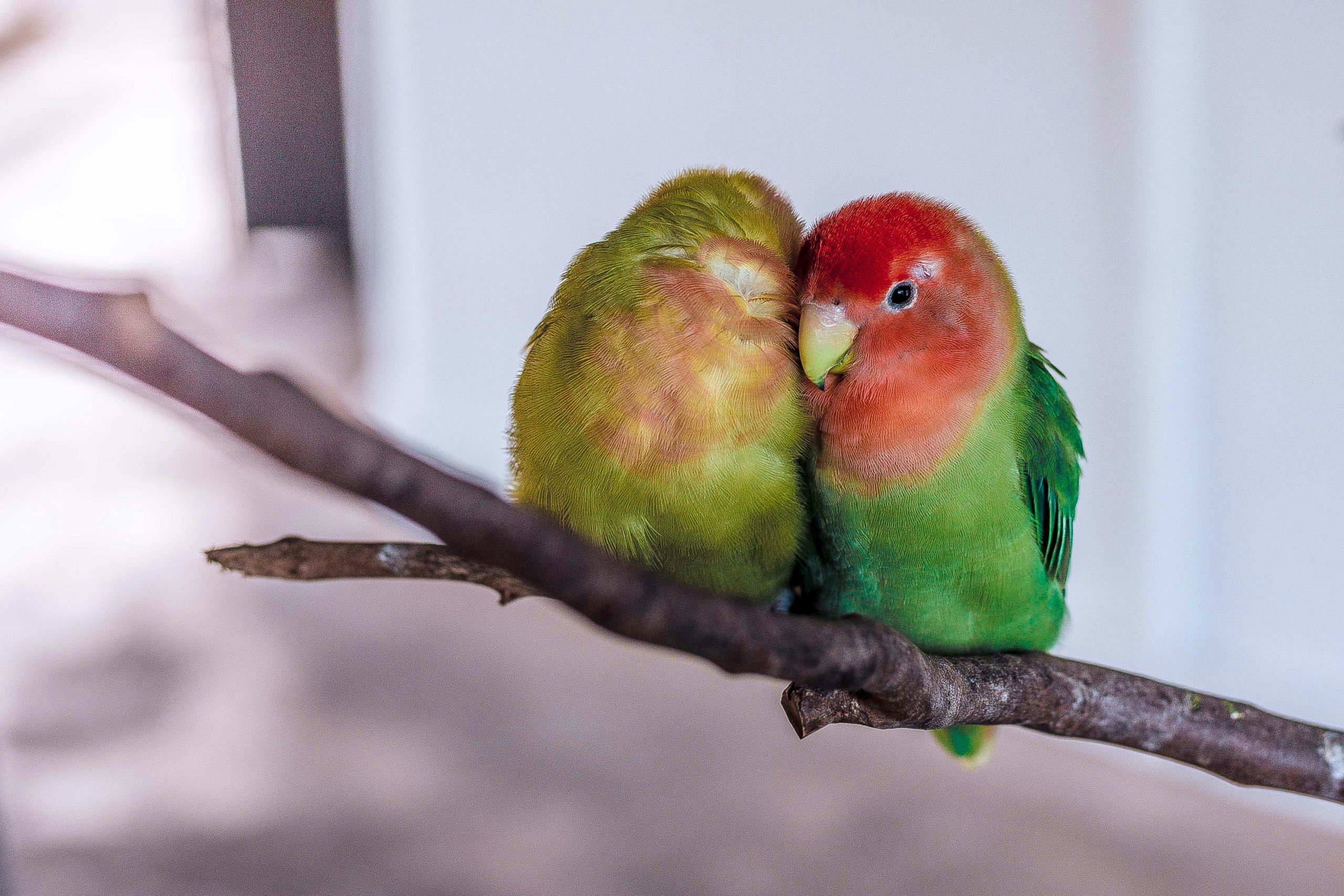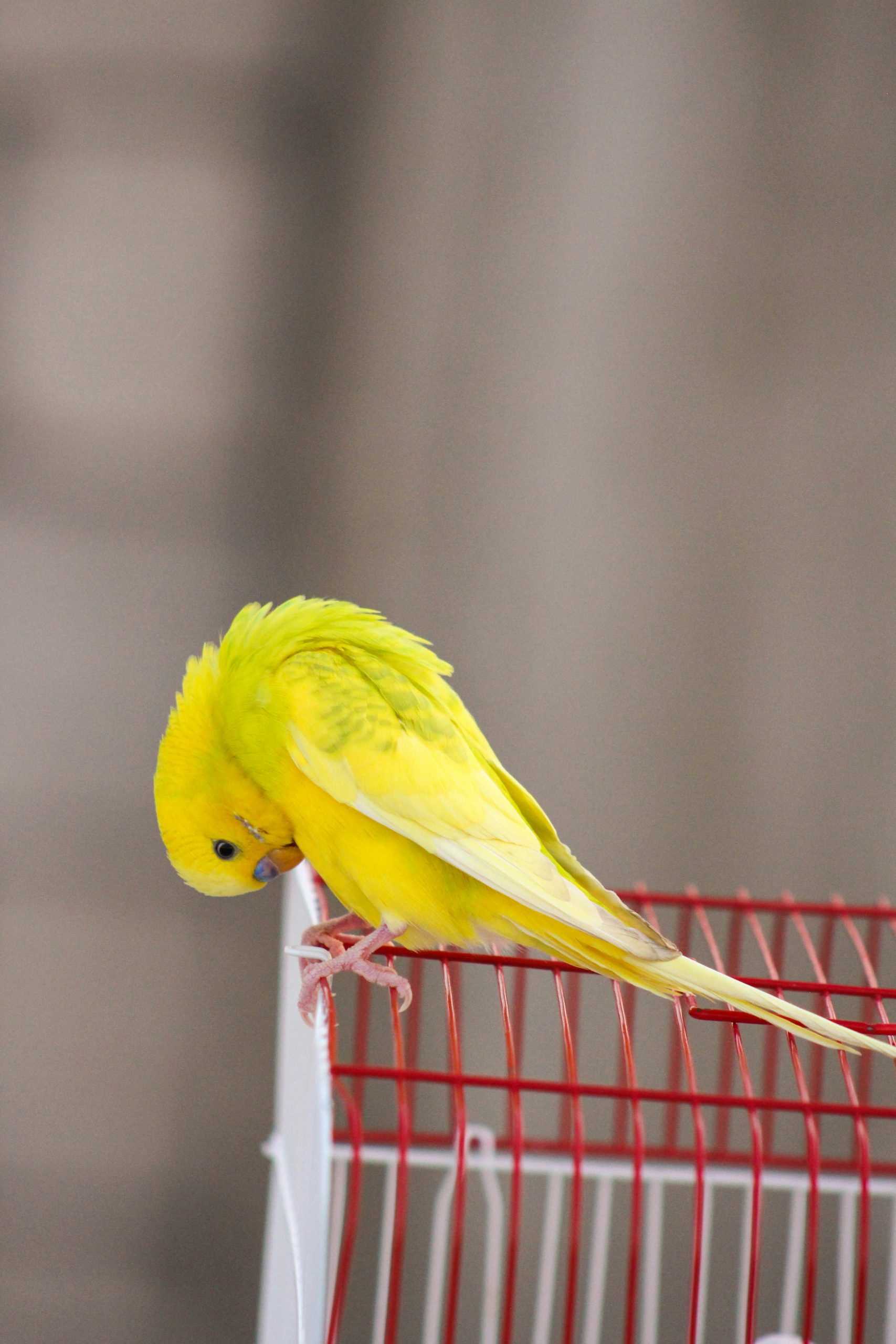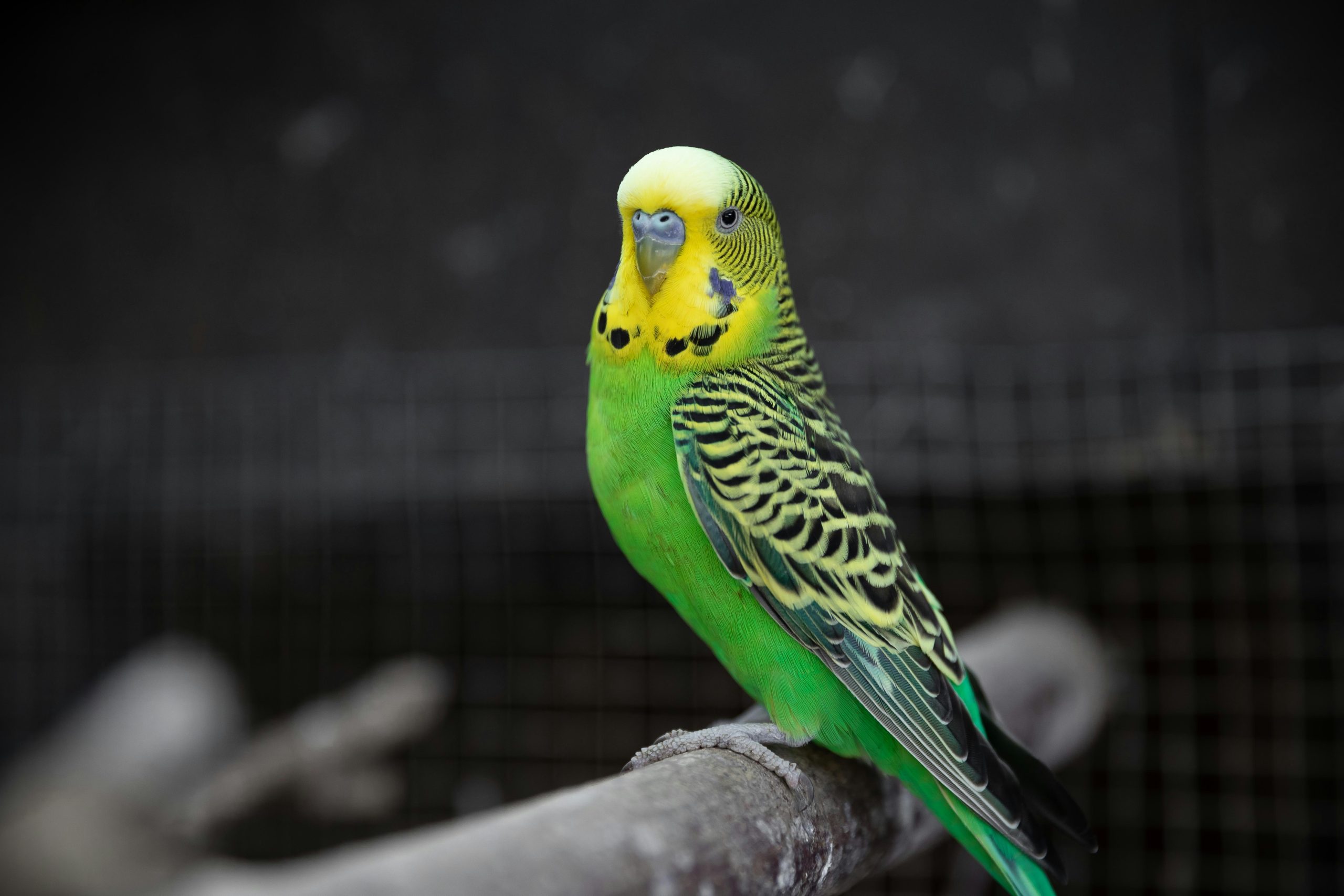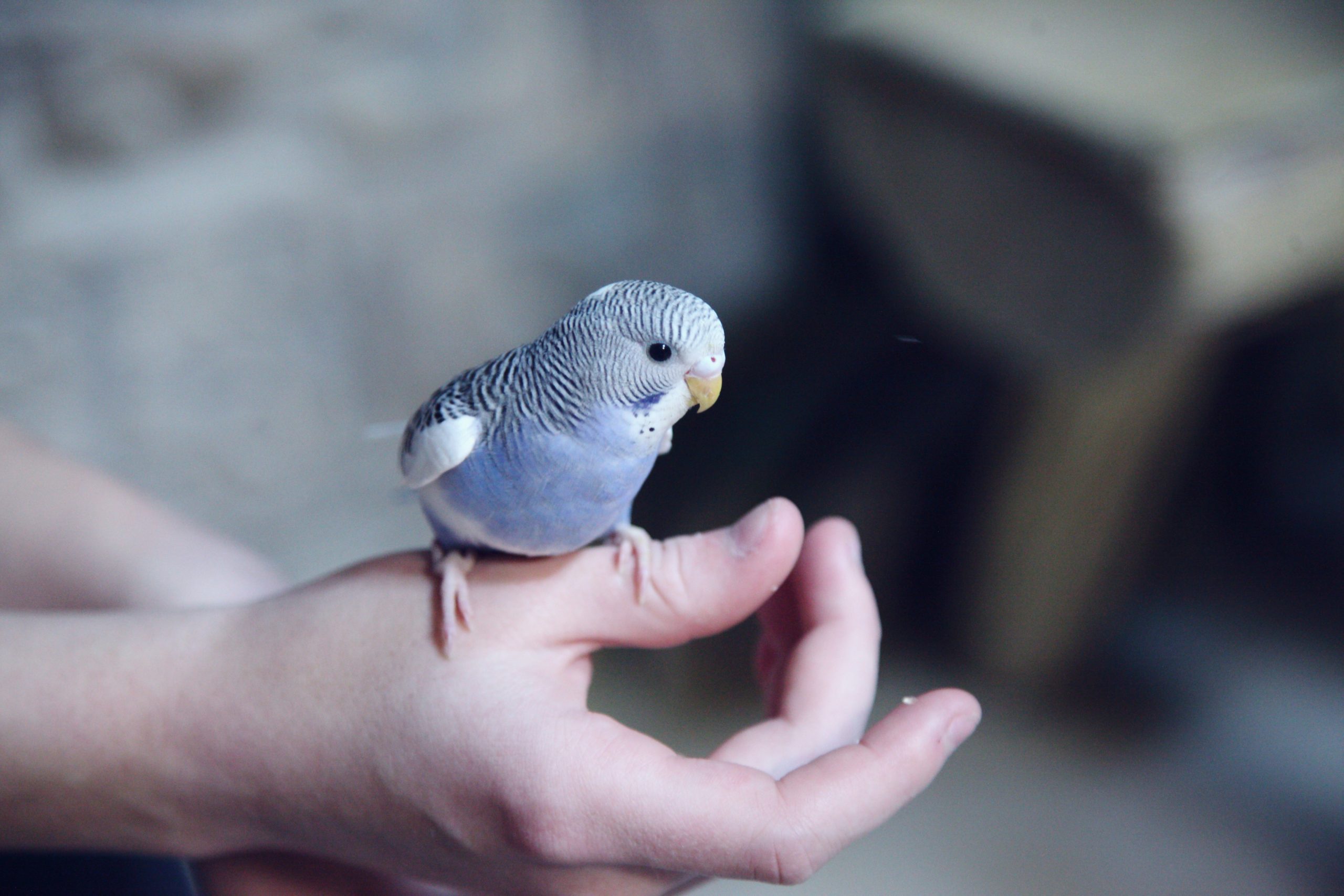Yes, can budgies eat pineapple safely. It provides essential nutrients but should be given in moderation to prevent obesity and maintain a balanced diet.
Parakeets, also known as budgerigars or budgies, are popular pet birds known for their vibrant colors and friendly personalities. As owners, we want to provide our feathered friends with a nutritious and enjoyable diet. One question that often arises is whether it’s safe and healthy to offer pineapple to our budgies. In this comprehensive guide, we’ll explore the benefits, precautions, and proper ways to introduce pineapple to your budgie’s diet.
Expert Opinion on Budgies and Pineapple
Experts generally agree that budgies can safely eat pineapple in moderation. Here’s a breakdown of what avian professionals typically recommend:
- Association of Avian Veterinarians (AAvianV): Their website doesn’t have specific information on pineapple, but they recommend a balanced diet consisting of pellets, fresh vegetables, and some fruits https://www.aav.org/.
- Board-certified avian veterinarians: Consulting a board-certified avian veterinarian is always recommended for specific dietary advice for your budgie. They can consider your budgie’s individual health and needs.
Here are some key points to remember based on expert opinion:
- Moderation is key: Pineapple should be a small treat, not a dietary staple.
- Fresh and clean: Always offer fresh, washed pineapple pieces to your budgie.
- Remove the core: The core can be difficult to digest, so remove it before offering pineapple to your budgie.
- Monitor your budgie: Watch for any signs of digestive upset after offering pineapple for the first time.
Case Studies (Limited Availability)
Unfortunately, there isn’t readily available scientific research or published case studies specifically on budgies and pineapple consumption.
However, some avian care resources offer anecdotal evidence based on their experience:
- Websites like Budgie Health Info discuss successful experiences with offering small amounts of pineapple to budgies as a treat.
It’s important to note that anecdotal evidence isn’t a substitute for expert advice.
Here’s what we can learn from the lack of case studies:
- More research is needed on the specific effects of pineapple on budgies’ health.
- It’s best to follow the general recommendations from avian experts on offering fruits like pineapple as occasional treats in moderation.
In conclusion, while there’s no published research on budgies and pineapple, veterinarians generally agree that pineapple can be a safe treat in moderation. Always prioritize a balanced diet and consult your avian vet for specific dietary advice for your budgie.
Nutritional Benefits of Pineapple for Budgies
Pineapple is a nutrient-rich tropical fruit that can offer several health benefits for budgies when consumed in moderation. Here are some key nutrients found in pineapple:
| Nutrient | Content (per 100g) | Benefits |
|---|---|---|
| Vitamin C | 47.8 mg | Supports immune function and antioxidant activity |
| Vitamin B-6 | 0.112 mg | Aids in energy metabolism and nervous system function |
| Manganese | 0.927 mg | Contributes to bone development and antioxidant defense |
| Potassium | 109 mg | Supports cardiovascular health and muscle function |
| Bromelain | – | Anti-inflammatory enzyme, aids in digestion |
In addition to these nutrients, pineapple is also a good source of fiber, which can support healthy digestion in budgies.
Can Budgies Eat Pineapple? What You Need to Know
While pineapple can be a healthy treat for budgies, it’s essential to understand the proper way to introduce it into their diet and the precautions to take.
Safety Considerations
While pineapple itself is not toxic to budgies, there are a few potential risks to be aware of:
- Acidity: Pineapple is a moderately acidic fruit, and excessive consumption could lead to digestive upset or crop issues in budgies.
- Sugar Content: Pineapple contains natural sugars, which should be limited in a budgie’s diet to prevent obesity and related health problems.
- Pesticide Residue: Always choose organic pineapple or thoroughly wash non-organic varieties to remove any potential pesticide residues.
Feeding Pineapple in Moderation
Like any new food, it’s best to introduce pineapple gradually and in small quantities to monitor your budgie’s reaction. A portion size of one or two small chunks of fresh pineapple per budgie is generally safe as an occasional treat.
It’s crucial to remember that pineapple should not replace a budgie’s regular, balanced diet of high-quality seed mix and pellets. Pineapple should be offered as a supplement to their regular diet, not as a replacement.
Other Foods Budgies Can Eat
In addition to pineapple, budgies can enjoy a variety of other fruits, vegetables, and healthy treats in moderation. Here are some examples:
- Fresh fruits: apple, banana, melon, berries, mango, and kiwi
- Vegetables: spinach, carrots, broccoli, and sweet potatoes
- Grains: cooked quinoa, brown rice, and whole wheat bread
- Proteins: cooked eggs, lean meats, and seed-based proteins
It’s important to introduce new foods gradually and monitor your budgie’s reaction to avoid digestive issues or potential allergies.
How to Feed Pineapple to Your Budgie
When introducing pineapple to your budgie’s diet, it’s essential to follow these guidelines:
- Wash and Peel: Thoroughly wash the pineapple and remove the tough outer skin and crown.
- Cut into Small Pieces: Cut the pineapple into small, bite-sized pieces to prevent choking hazards.
- Remove Fibrous Core: The fibrous core of the pineapple can be difficult for budgies to digest, so it’s best to remove it.
- Offer in Moderation: Provide no more than one or two small chunks as an occasional treat.
- Monitor Consumption: Observe your budgie’s reaction and consumption to ensure they enjoy and tolerate pineapple well.
- Provide Fresh Water: Ensure your budgie has access to fresh, clean water to prevent dehydration from the high water content in pineapple.
It’s also important to note that individual budgies may have different preferences and tolerances for pineapple. Some may enjoy it more than others, so pay attention to your bird’s reactions and adjust the serving size accordingly.
Hand-Feeding Pineapple
Many budgie owners enjoy the bonding experience of hand-feeding their feathered friends. If you choose to hand-feed pineapple, it’s essential to wash your hands thoroughly and offer only a small amount at a time to prevent overfeeding.
Feeding Pineapple to Baby Budgies
While pineapple can be a healthy treat for adult budgies, it’s generally not recommended for baby budgies (under 6 months old). Their delicate digestive systems may not be able to handle the acidity and sugar content of pineapple. Consult with an avian veterinarian before introducing new foods to baby budgies.
Budgie Nutrition: The Basics
While pineapple and other fruits and vegetables can provide valuable nutrients, it’s essential to understand the basics of a balanced budgie diet.
Pellets and Seed Mix
The foundation of a budgie’s diet should be a high-quality seed mix and pellets specifically formulated for budgies or small parrots. These provide the essential proteins, fats, carbohydrates, vitamins, and minerals needed for overall health and well-being.
Fresh Foods and Treats
In addition to the seed mix and pellets, budgies can benefit from a variety of fresh foods and occasional treats. These can include:
- Fresh fruits and vegetables (like pineapple)
- Cooked grains and legumes
- Egg food or lean proteins
- Seed-based treats (in moderation)
It’s important to ensure that these supplementary foods do not make up more than 20-25% of your budgie’s overall diet to maintain proper nutrition.
Consulting a Veterinarian
If you have concerns about your budgie’s diet or specific nutritional needs, it’s always best to consult with an avian veterinarian. They can provide personalized guidance and recommendations to ensure your feathered friend receives the optimal nutrition for their age, breed, and individual needs.
Can Budgies Eat Pineapple?
Now that we’ve explored the benefits, precautions, and proper ways to introduce pineapple to a budgie’s diet, let’s address some frequently asked questions on this topic.
Is It Safe For Budgies Eat Pineapple?
Yes, pineapple is generally safe for budgies to consume in moderation as an occasional treat. However, it’s crucial to introduce it gradually, monitor your budgie’s reaction, and ensure it’s offered in appropriate portion sizes.
Do Budgies Like To Eat Pineapple?
While individual preferences vary, many budgies enjoy the sweet and tangy flavor of pineapple. However, some budgies may not be as enthusiastic about it, and that’s perfectly normal.
Can Parakeets Eat Pineapple Every Day?
No, pineapple should not be offered to budgies on a daily basis. The high natural sugar content and acidity can lead to health issues if consumed in excess. Pineapple should be treated as an occasional treat, not a staple in their diet.
How To Serve Pineapple To Your Budgies?
To serve pineapple to your budgies, wash and peel the fruit, remove the fibrous core, and cut it into small, bite-sized pieces. Offer no more than one or two small chunks as an occasional treat, and ensure your budgie has access to fresh water.
Can Baby Budgies Have Pineapple?
It’s generally not recommended to feed pineapple to baby budgies (under 6 months old). Their delicate digestive systems may not be able to handle the acidity and sugar content. Consult with an avian veterinarian before introducing new foods to baby budgies.
Can Budgies Eat Pineapple Seeds?
No, it’s not advisable to feed pineapple seeds to budgies. The seeds are small and hard, posing a potential choking hazard or digestive obstruction risk for these small birds. Additionally, the seeds may contain trace amounts of toxic compounds, making them unsafe for budgie consumption.
Do Parakeets Eat Pineapple Cores?
The fibrous core of the pineapple should be removed before offering the fruit to your budgie. The tough, stringy texture of the core can be difficult for budgies to digest and may cause digestive issues or impaction.
Can Budgies Eat Dried Pineapple?
Dried pineapple should be avoided or offered in very small quantities as an occasional treat. The drying process concentrates the natural sugars, making dried pineapple much higher in sugar content than fresh pineapple. Excessive consumption of dried pineapple can lead to obesity, fatty liver disease, and other health problems in budgies.
Can Budgies Drink Pineapple Juice?
While fresh pineapple juice can be a refreshing treat for budgies, it should be offered in moderation and diluted with water. Undiluted pineapple juice is highly concentrated in natural sugars and acidity, which can cause digestive upset and other health issues if consumed in excess. Additionally, avoid offering pineapple juice with added sugars or preservatives.
Conclusion
Pineapple can be a healthy and enjoyable treat for budgies when offered in moderation and as part of a balanced diet. This nutrient-rich tropical fruit provides valuable vitamins, minerals, and antioxidants that can support your budgie’s overall health and well-being. However, it’s crucial to introduce pineapple gradually, monitor your bird’s reaction, and follow proper portion sizes to avoid potential risks.
Remember, pineapple should never replace your budgie’s regular seed mix and pellet diet but rather serve as an occasional supplement. By understanding the proper feeding methods and potential precautions, you can safely incorporate pineapple into your feathered friend’s diet and provide them with a delightful and nutritious treat.
FAQs
What fruits can budgies not eat?
There are several fruits that should be avoided or offered in extremely limited quantities to budgies due to their potential toxicity or high sugar content. These include:
- Avocado
- Cherries (due to the high cyanide content in the pits)
- Citrus fruits like lemons, limes, and grapefruits (in large quantities)
- Rhubarb
- Persimmons
Can I give my birds pineapple?
Yes, you can offer pineapple to your budgies as an occasional treat, but it’s essential to do so in moderation and follow proper feeding guidelines. Pineapple should be thoroughly washed, peeled, and cut into small, bite-sized pieces, with the fibrous core removed. Monitor your budgie’s reaction and consumption to ensure they enjoy and tolerate pineapple well.
What fruit do budgies like best?
While individual preferences vary, some of the most popular and well-tolerated fruits for budgies include:
- Apples
- Bananas
- Melons (watermelon, cantaloupe, honeydew)
- Berries (strawberries, blueberries, raspberries)
- Mango
- Kiwi
It’s essential to introduce new fruits gradually and in moderation to ensure your budgie enjoys and tolerates them well.
Are birds allergic to pineapple?
While allergies to pineapple are rare in birds, it’s possible for individual budgies to have an allergic reaction or sensitivity to any new food, including pineapple. Symptoms of an allergic reaction may include digestive upset, respiratory issues, or skin irritation. If you notice any concerning reactions after introducing pineapple, discontinue feeding it and consult with an avian veterinarian.
What is toxic to budgies?
Several common household items and foods can be toxic or potentially harmful to budgies if ingested. These include:
- Avocado
- Chocolate
- Caffeine
- Alcohol
- Salt and salty snacks
- Onions and garlic
- Certain houseplants (e.g., lilies, ivy, oleander)
- Non-stick cookware (potential for ingesting Teflon particles)
- Certain metals (lead, zinc, copper)
- Household cleaners and chemicals
It’s crucial to keep these items away from your budgie’s reach and consult with an avian veterinarian if you suspect your bird has ingested something toxic.
Is salt OK for birds?
No, salt should be avoided in a budgie’s diet. Birds have minimal salt requirements, and excess salt consumption can lead to health issues such as dehydration, kidney problems, and potential toxicity. Avoid feeding salty snacks, processed foods, or adding salt to your budgie’s food or water.
Can budgies eat rice?
Yes, budgies can eat cooked rice in moderation as an occasional treat. It’s best to offer whole-grain varieties like brown rice or wild rice, which provide more nutrients than white rice. Rice should be cooked without added salt, butter, or seasonings, and served in small portions as a supplement to their regular seed and pellet diet.
Is banana bad for budgies?
No, banana is not inherently bad for budgies and can be a healthy treat when offered in moderation. Bananas are a good source of vitamins, minerals, and fiber for budgies. However, like any fruit, they should be given in small portions as an occasional treat due to their high natural sugar content.
What do budgies eat naturally?
In their natural habitat, budgies primarily feed on a variety of grass seeds, herbs, and vegetation. Their diet may also include insects, sprouts, and other plant matter. In captivity, a high-quality seed mix and pellets formulated for budgies or small parrots should form the foundation of their diet, supplemented with fresh fruits, vegetables, and occasional treats.
What do budgies love most?
While individual preferences vary, most budgies love seed mixes and their favorite treats. Some of the most beloved treats for budgies include:
- Millet sprays
- Fresh fruits (berries, melons, etc.)
- Cooked eggs
- Seed-based treats (in moderation)
Budgies also enjoy engaging in natural behaviors like chewing on safe wood toys, shredding materials, and playing with their owners or other budgies.
What is budgies favorite food?
There is no single favorite food that all budgies unanimously prefer, as individual preferences can vary. However, some of the most commonly enjoyed foods by budgies include:
- Seed mixes (particularly millet and oat sprays)
- Fresh fruits like apples, bananas, and melons
- Cooked eggs
- Leafy greens like spinach and kale
- Whole grains like quinoa and brown rice
It’s essential to provide a balanced diet with a variety of foods to ensure your budgie receives the necessary nutrients and doesn’t become bored or develop preferences for certain foods.
Can budgies talk?
While budgies are known for their ability to mimic sounds and whistles, they generally cannot talk or form words like some larger parrot species. However, some budgies may learn to repeat a few simple words or phrases with proper training and socialization from a young age. Budgies are more skilled at mimicking household sounds, whistles, and other bird calls.
What other fruits and veggies can budgies eat?
Budgies can enjoy a variety of fresh fruits and vegetables as part of a balanced diet. Some excellent options include:
Fruits:
- Apples
- Melons
- Oranges
- Grapes
- Kiwi
- Mango
Vegetables:
- Carrots
- Sweet potato
- Broccoli
- Spinach
- Bell peppers
- Zucchini
It’s best to wash all produce thoroughly and remove any seeds, pits or tough skins before offering to your budgie. Introduce new fruits and veggies slowly and in moderation.
How do I transition my budgie to a pellet diet?
Transitioning to a pellet-based diet has many health benefits for budgies. Go slowly by mixing pellets into their current seed diet gradually over 2-4 weeks. Reduce seeds while increasing pellets until they are eating pellets consistently. Use foraging toys and avoid removing seeds completely. With patience, most budgies adapt well to pelleted diets.
Can budgies eat cooked chicken or meat?
Yes, budgies can eat lean cooked chicken or turkey meat on occasion for protein variety. Avoid seasonings and limit portion sizes. Other lean proteins like cooked egg or low-fat dog/cat kibble can also provide supplemental protein. However, their main diet should still be seed/pellet based.
How do I get my budgie to try new foods?
Getting budgies to accept new foods takes patience. Introduce one new food at a time. Offer favorite treats alongside to create positive associations. Hand feeding, food ramping up to the new item, or placing new foods in foraging toys may help. But don’t force – let your budgie explore at their own pace.




